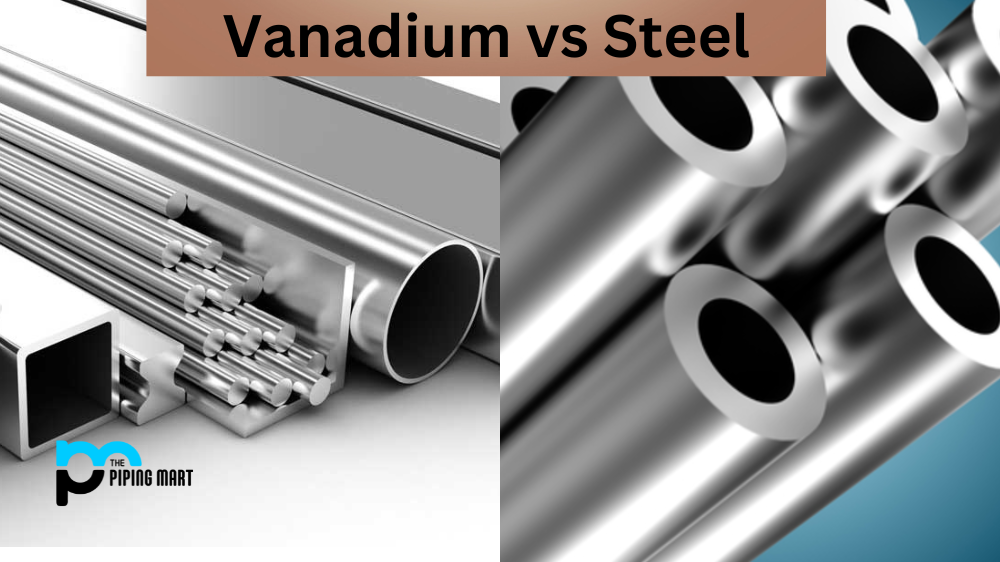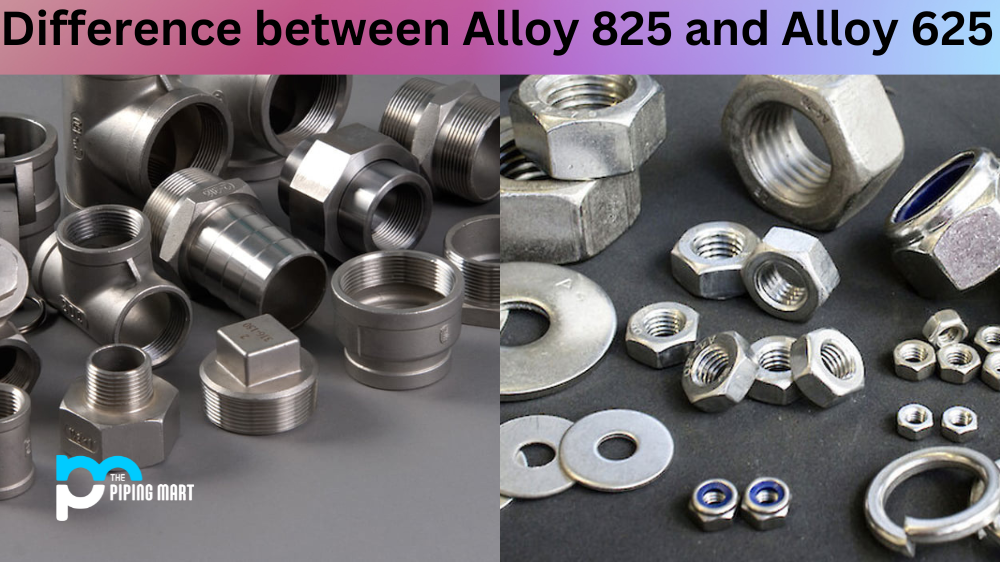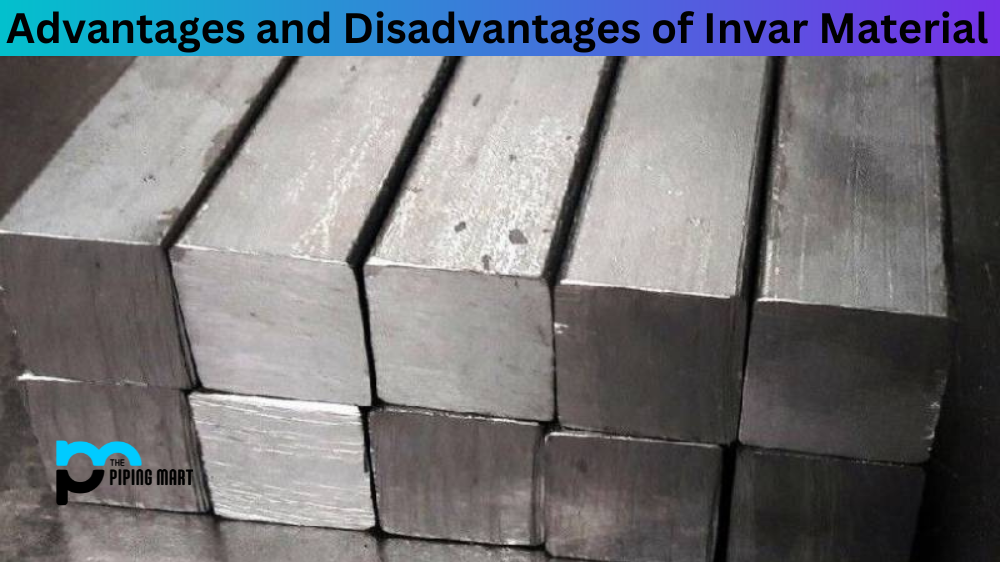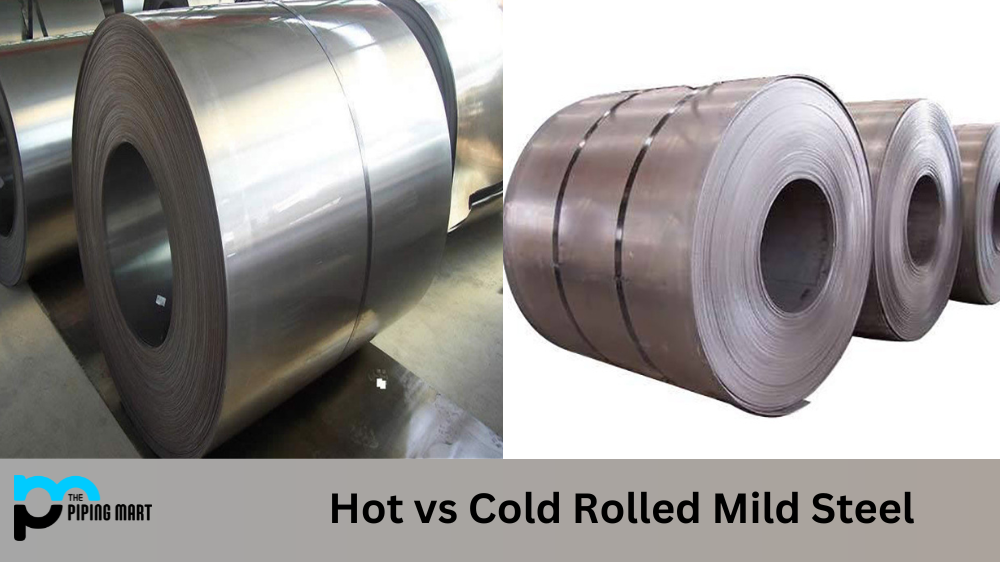When selecting materials for manufacturing and construction, many factors must be considered. Durability, cost, and strength are just a few elements that come to mind. Two materials that often come up in these discussions are steel and vanadium. Both are widely used in construction and manufacturing and have unique characteristics that make them stand out. This blog post will explore the differences and similarities between vanadium and steel and which material is better suited for certain applications.
Difference Between Vanadium and Steel
Vanadium is a chemical element commonly added to steel to increase strength, hardness, and durability. This type of steel is commonly called vanadium or high-speed steel. When it comes to applications that require a high level of sharpness and precision, such as cutting tools and surgical instruments, vanadium steel is a popular choice. This is because the addition of vanadium makes the steel more resistant to wear and tear, which means it stays sharp for longer periods. This makes it a popular choice in the medical field and manufacturing industry.
Strength and Durability
On the other hand, traditional steel is a widely used construction material due to its high strength and durability. It is commonly used in building and bridge construction, automotive and aerospace industries. One of the reasons why steel is so widely used is its versatility. It comes in various grades and alloys, each with unique properties that make them suitable for different applications. Steel can be customized to achieve different strength levels, corrosion resistance, and ductility, making it an ideal choice for many industrial applications.
Cost
When it comes to cost, steel is generally more affordable than vanadium steel. This is because vanadium is rare, making it more expensive than traditional steel. The cost of vanadium is also influenced by the supply and demand of metals markets, which can affect the price of vanadium steel depending on its availability.
Corrosion Resistance
Aside from the cost, another factor to consider when choosing between vanadium and steel is its ability to resist corrosion. Vanadium steel offers some corrosion resistance but is not as resistant as traditional steel. This is because vanadium is a reactive element when exposed to oxygen and moisture, which can affect its corrosion resistance. On the other hand, steel has high corrosion resistance when treated with coatings or paints, making it an ideal choice for outdoor applications.
Conclusion
In conclusion, vanadium and traditional steel have unique properties that make them ideal for different applications. Vanadium steel is popular when high strength, durability, and precision are required. In contrast, traditional steel is widely used in construction, automotive, and aerospace applications due to its strength, versatility, and cost-effectiveness. When selecting which material is better suited for your application, it is important to consider the properties of each carefully. Cost, corrosion resistance, and strength should be considered to make the best decision.

A passionate metal industry expert and blogger. With over 5 years of experience in the field, Palak brings a wealth of knowledge and insight to her writing. Whether discussing the latest trends in the metal industry or sharing tips, she is dedicated to helping others succeed in the metal industry.




